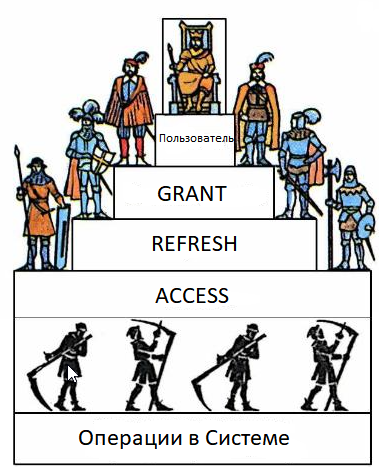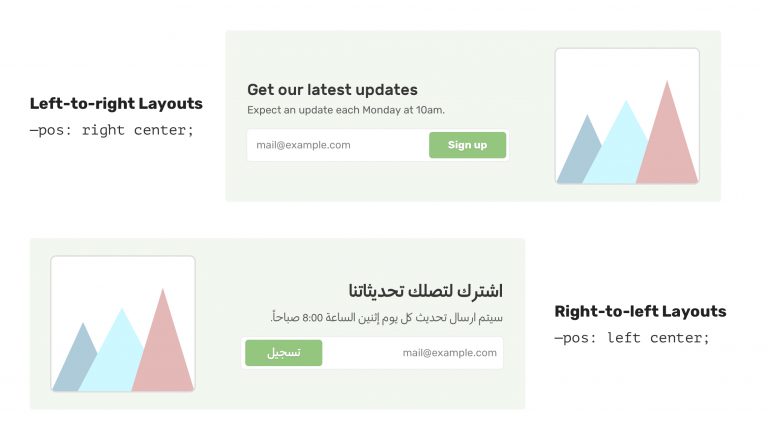At work – a nightingale, at work – a barmaley. Why is there one candidate at the interview, but another in reality?

It often happens that during an interview we see one candidate, and after coming to work with us, he turns into… no, not a pumpkin, of course. But the “before/after” difference seriously amazes us, and often not for the better. Can this be avoided? Or is hiring just a “pig in a poke”?
Let’s start with the fact that, of course, a person does not turn into anyone. In our practice, we have never recorded cases where a person has changed so much in just one or a couple of weeks. Only our opinion about him changes. You understand the difference, right?
But how did we form this opinion? And why was it illusory, distorting the real qualities of a person? Let’s figure it out.
What do you learn in an interview?
In most cases, the picture is that we try to predict some trends in people’s behavior by talking with them during an interview for half an hour.
This leads to cases where candidates are asked questions that later become memes with a bad reputation. And most importantly, the answers to these questions do not provide a clear understanding of whether the employee will cope with the work that you want to delegate to him. Because of this, hiring becomes a lottery.
Here is an example of questions that many people ask during interviews:
Rate your level of responsibility on a 10-point scale
What was the last book you read?
Now let’s think about how these questions will help to understand a person’s ability to perform the work entrusted to him? In our opinion, no way.
And some qualities, such as responsibility, cannot be tested at all in a 30-minute dialogue on Zoom. And you are trying to draw conclusions about these qualities based on the candidate’s answers. In this case, you should not be surprised if your opinion about the person, formed from his answers, diverges from reality.
“No matter what I find out, a person can still lie to me”
Indeed, during an interview, a candidate can give answers that, in his opinion, will make the best impression. He can exaggerate his achievements, inflate his self-esteem in certain skills, and hide some unpleasant facts from past work experience.
That is, in fact, during an interview we communicate not with a real person, but with a certain image that the candidate creates specifically for this meeting. And subsequently it turns out that reality does not correspond to the impression that was formed at the interview.
It is important to understand that some degree of distortion of information is normal and cannot be avoided. People want to make a good impression on a potential employer. Therefore, errors during selection can always happen and we cannot completely exclude them. However, the task of any entrepreneur is to improve the ratio of erroneous and correct actions in favor of the latter, increasing the accuracy and efficiency of decisions. And not only your own, but also all employees, including HR, responsible for hiring.
Therefore, the interview should include as many “accurate” questions as possible that will help us quickly understand whether the person will cope with the tasks for which we are hiring him. And as few empty questions as possible, which give us approximately zero really useful information about the candidate.
Responsibility, initiative and other qualities that are important to you are tested during test work days.
So what should you learn during an interview?

We understand that we are entering into the role of captain – it’s obvious, but if you need a person who will bring results in your company, find out about this at the initial interview.
When we say that the key purpose of an interview is to test a person’s ability to produce results, this is often perceived as white noise. Because you already check it: you ask what achievements there were. Sometimes you ask if you had experience in a company similar to yours. These are good questions, but they alone are not enough.
You need to make sure that the person understands the concept of “result”. He understands why his employers paid him money. If you are interviewing for a sales position, when asked about the results of his work, for example, it is advisable to hear from the candidate something about the money in the company’s current account, income or profit.
A good way to understand an employee’s performance is to ask the question, “What did you consider the result of your work?” Now listen to his answers, what is he talking about?
Well, I completed all the assigned tasks…”.
“I filled out a bunch of reports and documents…”.
“I was engaged in sales…”.
Hmm, did you see the result here? Compare this with the answers:
“I brought 14 clients in 3 months”
“I created a dashboard with all the company’s metrics – “Why?” – for managers to track the effectiveness of each department”
In the first case, the candidate does not see the connection between his actions and his real contribution to the business. He just “types letters” without understanding why. In the second there is a result that we can even see.
In addition to the question “What did you consider the result of your work?” there are several others that will help test a candidate’s ability to produce results. We collected them here, along with instructionsabout how to interpret the interviewee’s answers.
We hope these questions will help you when selecting candidates. If you have your own ways of weeding out “ours” and “not yours” – write in the comments, we encourage you 🙂





